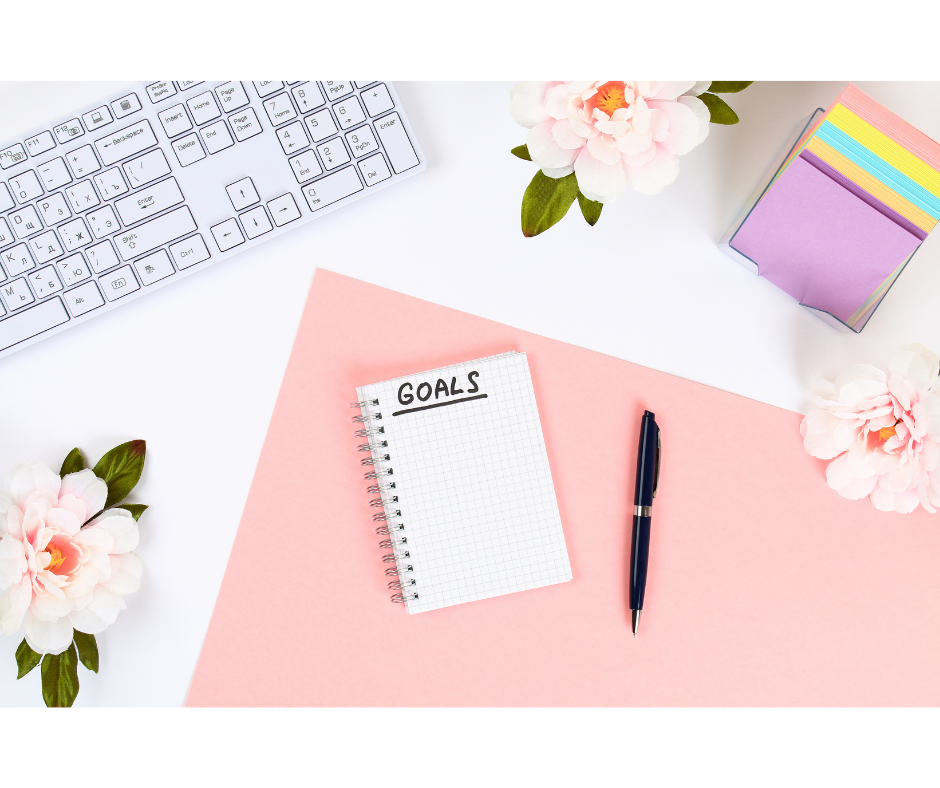
Complete guide to living below your means
The Complete Guide to Living Below Your Means and Saving More Money is about personal finance that will teach you how to stop living paycheck-to-paycheck and start saving for the future. Let’s talk about getting out of debt, how to budget and how to avoid lifestyle inflation (AKA lifestyle creep), and saving money.
You’re thinking more about saving, less about spending. And if this is new territory, it can be overwhelming and stressful.
If you need help figuring out how to stop lifestyle creep and start living below your means, here’s a simple guide you can get started today.
What is the definition of living below your means?
The definition of living below your means is simply to spend less than you earn - really that’s it, however this is easier said than done.
But it’s not just about the money, but also about time and energy. Living below your means is a way of life, not a temporary measure. It’s all about making smarter choices with your money and time to live a more balanced life.
If you want to live below your means, you need to get into the habit of making the right decisions with both money and time.
You can start by tracking your spending for a month or two so that you know where your money is going, how much you have left at the end of each month and what’s coming in every week or two weeks.
Then set up an automatic transfer from an everyday account to a savings account so that it happens without having to think about it every day.
Not sure where to start? Check out my values-based budget planning service.
How living below your means can save you money
Living below your means is a concept that can be applied to many different aspects of life. It may seem like a simple idea, but it can be difficult to put into practice. But living below your means can save you money and get you out of debt.
One way to live below your means is by eating in instead of going out for dinner. This may not seem like much, but eating in instead of going out for dinner saves money in the long run and reduces the amount of time spent cooking or cleaning up afterwards.
Another way to live below your means is by avoiding impulse buying. By avoiding impulse buying, you are able to save money on things that you don’t need and avoid wasting money on things that will just end up collecting dust in the back of a closet somewhere.
Most of this comes back to having an easy budget. Having a money map in place allows you to spend more on the things you value and less on the things you don’t. For example - less on debt interest repayments means more back to allow for your daily barista coffee!
Living below your means to get out of debt
A debt payoff plan is a financial strategy that helps you get out of debt. It can help you develop a plan to pay off your debts in the shortest amount of time and with the least amount of money. Often these are called Debt Snowball or Debt Avalance methods.
The first step in creating a debt payoff plan is to calculate the amount of money that you have available for saving each month. Hello again, budget.
Want to see what method is right for you and how to use a debt payoff plan? Read 5 Tips to Design Your Debt Payoff Plan Here

Living Below your means as a luxurious lifestyle
It is a popular misconception that living below your means is not a luxurious lifestyle. In reality, it can be the most luxurious lifestyle of all. Living below your means is not about being cheap or spending less on things, it's about prioritising what you spend money on and getting more out of what you have.
Living below your means involves planning ahead and saving up for future investments like property, retirement funds, and vacations. It also gives people more time to pursue their passions without worrying about how they will afford it.
Some people choose a minimalist lifestyle that reduces the number of possessions you have. It can be done by decluttering your home, simplifying your wardrobe, and minimising your digital footprint. It is about focusing on what is important in life and not letting material things get in the way of what really matters.
There are many benefits to living a minimalist lifestyle:
- You will save money because you won't need as much stuff.
- You will have more time for other things in life like family and friends.
- You will have less stress because you won't have to worry about all the stuff you own breaking or going missing.
- The environment will benefit because there will be less consumption and waste from people buying new things all the time.
What are the downsides of living below your means?
Living below your means is a good idea in theory, but in practice, it can be difficult.
You know now that it’s a great way to save money and also make you feel more satisfied with your life. But is it always the best choice?
The answer to this question depends on what your definition of living below your means is. If you are living below the median income for your area, then there may be some benefits but if you are living below the poverty line, then there are many disadvantages that come with it.
Income varies from person to person and area to area, so what's considered "below" for one person could be considered "above" for another.
It is important to live within your means, but it also depends on what you're willing and able to do without. If you're not willing or able to give up something, then you should use your means accordingly and spend what you need in order to get it.
To be successful you need to have your financial goals clear, this will keep you motivated to make smart choices every day getting you closer to your goal.
Tips for successful budgeting and how to achieve financial freedom
1. Know your priorities:
What do you need? What are your financial goals? What about personal goals? Knowing what you want to achieve and what you need to do is the first step in budgeting successfully.
2. Create a plan:
Knowing where you want to go is not enough, you also have to know how to get there. Creating a plan will help you stay on track and follow the path that leads to success.
3. Be patient:
It can take time for your budgeting habits to become effective and it may take even more time for them to pay off. It is important that you stay patient so that these habits can grow into something meaningful in the long run.
4. Start small:
If this is the first time that you are trying out budgeting, it might be a good idea for you start with something simple like tracking your expenses for one month or two months before moving on to more advanced techniques like paying yourself.

You’re now armed with ways you can start to save money and live below your means. The next step is to take action.
If you want to unf*ck your finances and get on the path to financial freedom, you have to change your mindset and your behaviour. You have to implement.
And if the thought of going it alone scares the pants off you, my judgement-free financial coaching can help. All you have to do is book a call and we’ll get started!
Hungry for more info? Check out 8 Money Habits that Keep Your Poor and How to Save Money In Your 30’s
Do you have a copy of the free budget guide?
Learn about your Money Mindset and six (yes SIX!) budgeting styles (and find the one that works for you!)
We hate SPAM. We will never sell your information, for any reason.

